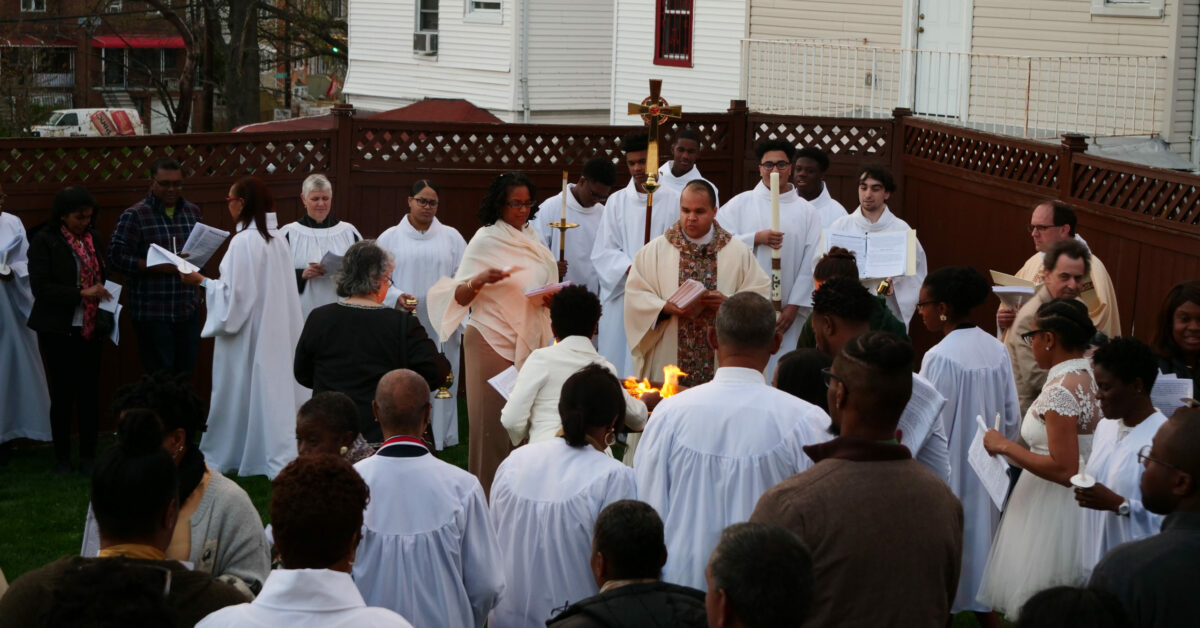Formed for Hope
Dr. Schuler and I spent three days two weeks ago with the LCMS pastors in Oregon (and a few from Washington and Idaho) presenting on the catechumenate at their pastors’ conference. We are very grateful for their hospitality and the time for fellowship with them in the Body of Christ. Several themes emerged for me from our conversations with them. First, pastoral ministry in this secular age is really difficult and challenging. I know this isn’t anything revelatory, but when you hear stories about the challenges these pastors face it makes the challenges concrete and daunting. I heard stories about maintaining ministry in congregations of 6-10; ministering in congregations gripped by apathy and indifference; endeavoring to develop a missional life in a congregation that focuses only on its own therapeutic needs; serving in congregations where financial struggles doggedly drive congregational imagination; successes and losses in membership, especially of the Millennial and Gen-Z generations. And the cry of Job becomes our cry, “Why is light given to a man whose way is hidden, whom God has hedged in? I am not at ease, nor am I quiet; I have no rest, but trouble comes” (Job 3:23, 26).
Yet, in the midst of all that can and too frequently does befall a pastor and a congregation, pastors are asking about discipleship. They are asking questions about how best to form and educate Christians to live in this age as those who confess with their mouths that Jesus is Lord and believe in their hearts that God raised him from the dead (Romans 10:9). They are asking questions about the best ways to make disciples of the Lord Jesus. They know that is one of the most important questions.
And asking that question, especially asking it of the church—both the trans-congregational church and the local church—is, it seems to me, the beginning of congregational transformation. What needs to change to address the challenges of pastoral, congregational ministry is congregational life. It must be turned outward: outward toward the stranger, outward toward the world, outward toward the hope of the age that is coming. It must be turned away from concerns with its own preservation. As Jesus said to the disciples after rebuking Peter, “For whoever would save his life will lose it, but whoever loses his life for my sake and the gospel’s will save it. Such a transformation, a reversal, is at the heart of the catechumenate, both for the catechumen and for the congregation.
That is the face of hope for me. Hope for the future of the church’s life and pastoral ministry, even in the face of daunting challenges. Such transformation of congregational life is possible through the Word of God and by the power of the Spirit. And after three days with pastors in Oregon I am even more convinced that the catechumenate can facilitate that transformation. The proclaimed Word, the visible Word of the sacraments, prayer, the rites and practices of the church, the catechesis, and the fellowship and mutual conversation of believers all interlock in the catechumenate to enable congregational transformation. The end result is a congregation that lives hopefully into the future through its primary orientation toward making disciples of the Lord Jesus Christ. Thank you Oregon pastors for engaging the possibilities of the catechumenate and pointing all of us toward the hope that is ours in Christ Jesus.
